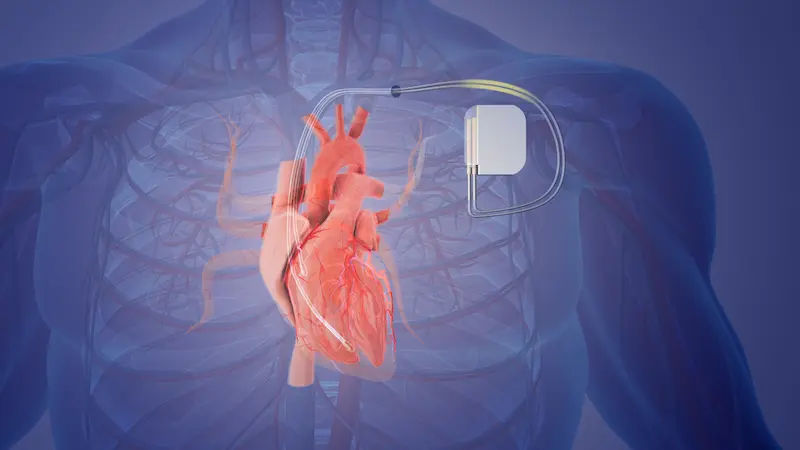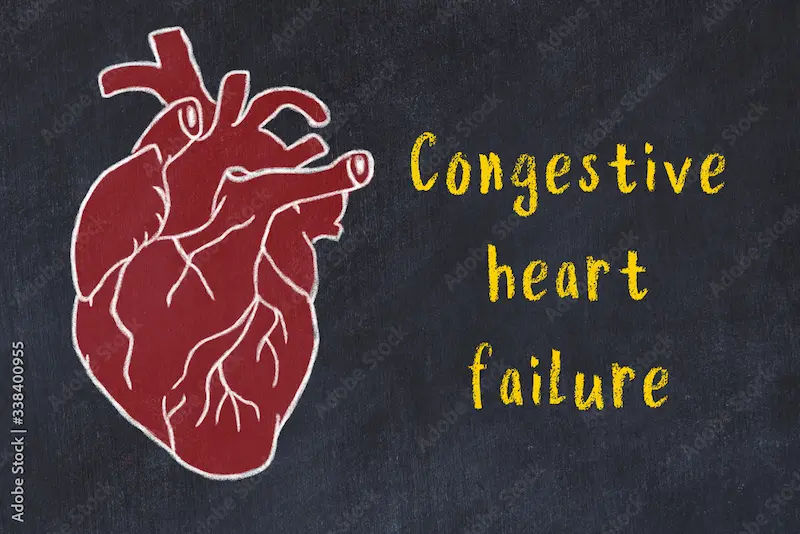- female
- 65 Years
- 07/02/2025
I'm really worried about my mother's health right now. She's got high blood pressure, around 14990, and her pulse rate is at 59. I'm just not sure what to do at this point. Can you give me some advice on tests or reports we should consider? Also, what kind of food would be best for her in this situation?
Answered by 1 Apollo Doctors
For high blood pressure, it is important to monitor it regularly and make lifestyle changes. I recommend consulting with a healthcare provider for further evaluation and management. Some common tests that may be ordered include a lipid profile, kidney function tests, and an electrocardiogram (ECG) to assess heart health. In terms of food, it is important to focus on a heart-healthy diet that is low in sodium, saturated fats, and cholesterol. Encourage your mother to eat plenty of fruits, vegetables, whole grains, lean proteins, and healthy fats. Additionally, she should limit her intake of processed foods, sugary drinks, and high-sodium foods. In terms of medication, if prescribed by a healthcare provider, commonly used medications for high blood pressure include brands like Lisinopril (10mg once daily) or Amlodipine (5mg once daily). It is important to follow the prescribed dosage and instructions provided by the healthcare provider.
Dr. Chandra Suggests...
Consult a Cardiologist
Answered 04/07/2025
0
0

More Cardiology Health Queries
View allI'm really concerned about my dad. He's been having some chest pain, and his test showed a strongly positive TMT at 7 METS, along with inducive ischemia at a moderate workload. I'm worried and trying to understand what this means. Can you help explain it to me?
Your father requires an aecho taest for further evaluation his morbid condition, a cardiac opinion is needed
Answered by 1 Apollo Doctors
I'm having this heaviness in my chest when I breathe in, and it's getting really intense when I lie down. It started right after I had dinner. Should I be worried about this? What could be causing it?
take tablet zerodol and tablet pantop for 3 days once a day
Answered by 1 Apollo Doctors
I've been dealing with high blood pressure around 175110 and usually manage it with Amlopress AT, but lately, Ive had to take Calcigard 5mg and Lasix 40mg to try and control it. It seems to help for a bit, but then my pressure goes right back up after a few hours. What could be causing this, and is there something else I should be doing or considering? My pulse is around 63 if thats important.
. It seems like your blood pressure is not well controlled with the current medication. I would recommend discussing with your doctor about adjusting your treatment plan. In addition to your current medications, you may benefit from adding a different class of antihypertensive medication such as an ACE inhibitor or a beta-blocker. For example, you can consider adding a medication like Concor 5mg (beta-blocker) or Ramipril 5mg (ACE inhibitor) to help better control your blood pressure. It's important to follow up with your doctor for further evaluation and management.
Answered by 1 Apollo Doctors
Disclaimer: Answers on Apollo 247 are not intended to replace your doctor advice. Always seek help of a professional doctor in case of an medical emergency or ailment.




